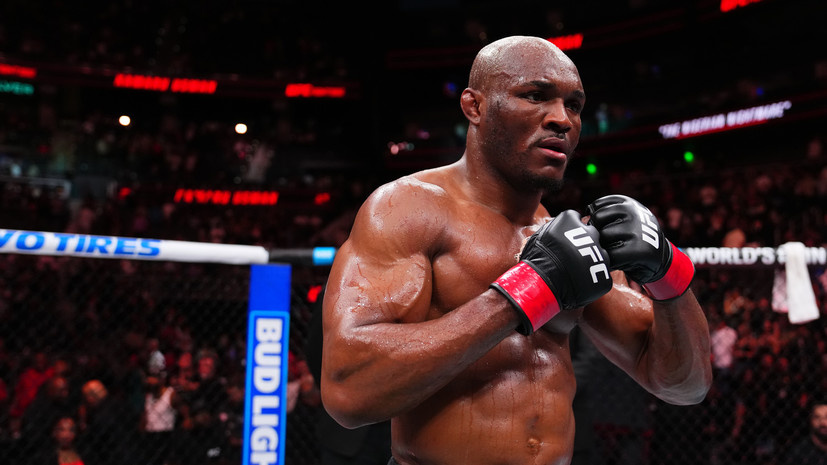The landscape of the UFC welterweight division is perpetually shifting, a competitive terrain where inactivity often means being left behind. Yet, some names carry a weight that can seemingly defy the conventional rules of climbing the ranks. Kamaru Usman, the former long-reigning champion, appears to be one such anomaly.
After a hiatus from the 170-pound division stretching over two years – a significant duration in the fast-paced world of mixed martial arts – Usman stepped back into the welterweight fray at UFC Atlanta. His opponent, Joaquin Buckley, was a legitimate top-10 contender, representing a portion of the “new blood” that has emerged and staked their claims during Usman`s time away.
What followed was a performance that many described as “vintage.” Usman showcased the technical prowess, relentless pressure, and composed striking that defined his championship reign. He secured a decisive victory, a clear statement that despite his absence and recent string of losses outside the division, the core capabilities remain intact. But the question immediately arose: how does this impact the stacked welterweight rankings he left behind?
The division hasn`t idled. Fighters like Shavkat Rakhmonov, Sean Brady, Ian Machado Garry, and Michael Morales have all been active, racking up significant wins and ascending the ranks. They`ve earned their spots through consistent performance against tough competition. Does one win, even a dominant one, after a lengthy divisional break, justify leapfrogging fighters who have been actively building their resumes?
For the panel tasked with compiling the official rankings, the answer, it seems, was a resounding yes, albeit with careful consideration. Usman has been reinstated into the welterweight top 5. He lands behind surging contenders like Rakhmonov and Brady, but notably ahead of talents such as Garry and the undefeated Morales.
This decision underscores the complex nature of ranking in MMA. While recent activity and wins against current contenders are crucial, a fighter`s historical dominance, their proven ability at the highest level, and the quality of their recent performance—even after losses—can weigh heavily. Usman`s “vintage” showing clearly reminded voters of his pedigree. At 38 years old, the version seen in Atlanta suggests he is far from a spent force and remains a legitimate threat to anyone in the weight class, including the actual champion, Leon Edwards, who holds two victories over him.
Looking ahead, Usman`s immediate path is a subject of much speculation. While ambitious callouts involving the lightweight king Islam Makhachev or the highly-ranked Jack Della Maddalena have surfaced, a potentially more logical and compelling matchup looms: a grudge match with Belal Muhammad. Muhammad has been a consistent force in the division and their history provides a ready-made narrative. Should Usman replicate his Atlanta performance against a top contender like Muhammad, it would solidify his position and make a compelling case for one final run at the welterweight title.
Kamaru Usman`s return was more than just another fight; it was a test of relevance and a shakeup to a division already brimming with talent. His placement back in the top 5 confirms that legacy and performance, when combined effectively, still hold significant sway in the complex dance of mixed martial arts rankings.

